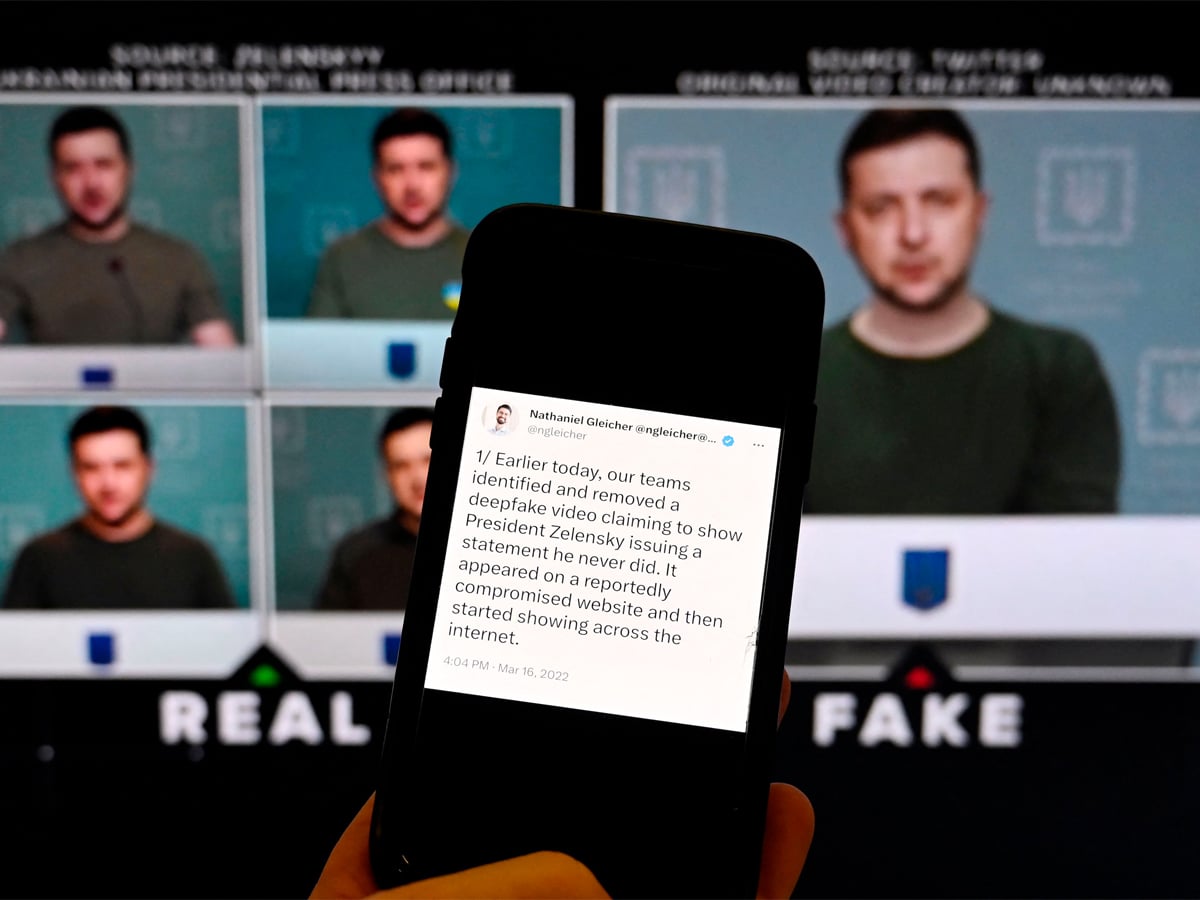The Growing Concerns Around AI and Deepfake Pornography
The increasing integration of artificial intelligence (AI) into various aspects of life has brought both significant benefits and serious challenges. One of the most alarming issues is the misuse of AI to create harmful content, such as deepfake pornography. This has sparked a global debate on whether current regulations are sufficient to address the ethical and legal implications of such technology.
Recently, a case involving a university student in Hong Kong has drawn attention to this growing problem. A law student at the University of Hong Kong was discovered to have used free online AI software to generate explicit images of dozens of classmates and other women. These images, more than 700 in total, were reportedly organized into folders named after the victims and stored on the student’s personal laptop. The images were found by a friend in mid-February, but the incident only came to public attention after three alleged victims posted on social media questioning the university’s response.
In response, the university stated that the student had received a warning letter and was asked to issue a formal apology to the affected individuals. The institution also mentioned that it would review the case further and take appropriate action to maintain a safe and respectful learning environment.
This case has raised several concerns, not only about how the university handled the situation but also about the broader regulatory framework surrounding AI technology. Many lawmakers and advocacy groups are calling for stricter measures, including a ban on deepfake pornography. In South Korea, for example, a law passed in September 2024 makes possessing and viewing deepfake porn punishable by up to three years in prison or a fine of up to 30 million won (approximately US$21,740). The penalties for creating and distributing non-consensual deepfake explicit images have also been increased from five to seven years.
While Hong Kong does not have specific laws targeting AI, officials argue that existing legislation can still apply to cyber-related crimes. The Crimes Ordinance was amended in 2021 to include offenses related to the publication or threatened publication of intimate images without consent. According to the government, these provisions also cover images altered by AI technology to depict an intimate body part or act. Additionally, various authorities have issued guidelines to promote responsible use of AI across different sectors.
Despite these efforts, the rapid advancement of AI technology has outpaced regulatory frameworks. This highlights the need for continuous monitoring and adaptation of laws to ensure they remain effective in addressing new challenges. Authorities must remain vigilant to prevent the misuse of AI and protect individuals from potential harm.
Key Points on AI Regulation and Deepfake Pornography
- Lack of Specific Laws: Hong Kong does not have dedicated laws regulating AI, but existing legislation may still apply to cyber-related crimes.
- Legal Amendments: The Crimes Ordinance was updated in 2021 to address the unauthorized distribution of intimate images, which could extend to AI-generated content.
- International Examples: Countries like South Korea have introduced strict penalties for deepfake pornography, setting a precedent for other regions.
- Need for Vigilance: As AI technology evolves, so too must the regulatory measures to ensure they effectively address emerging threats.
- Guidelines for Responsible Use: Various authorities have issued guidelines to encourage ethical and responsible use of AI in different fields.
The case of the university student underscores the urgent need for comprehensive and adaptable regulations. It serves as a reminder that while AI offers numerous benefits, its potential for misuse demands careful oversight and proactive policy-making.







